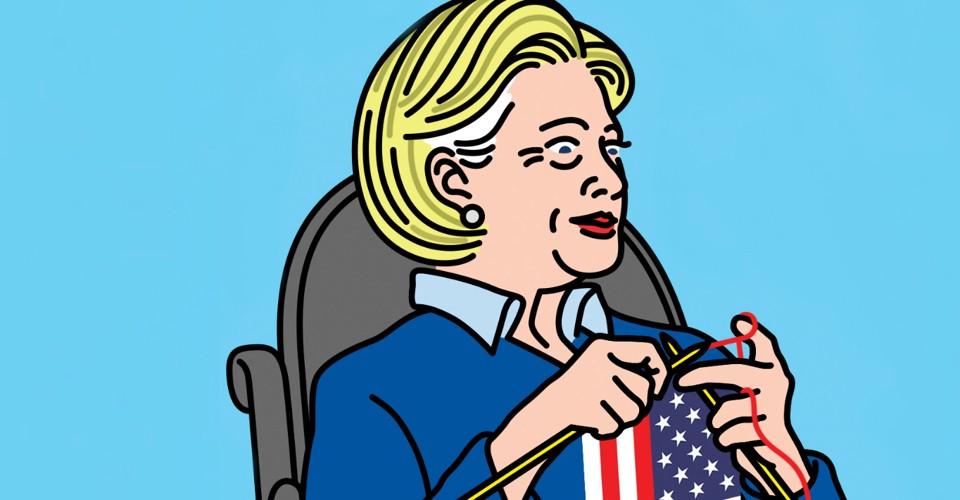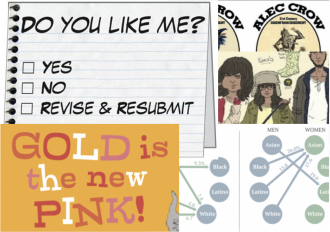
New & Noteworthy
Our latest includes a new ‘There’s Research on That’ by me on union organizing in the United States. Check it out to learn about some brief history, tactics used by unions and employers, and some of the impacts of unions on workers.
From the Archives
It’s an election year (in case you somehow missed it). Read some pieces by us and our partners to learn more about voting suppression, nationalism, and more!
I recently visited a “Little Free Library” with my kids and found some interesting literature inside. Read this piece from Contexts about the now-well-established phenomenon.
More from our Partners & Community Pages
Contexts‘ latest includes:
- A conversation with Elena G. van Stee and Hajar Yazdiha on the political misappropriation of the legacy of Martin Luther King Jr.
- Holly Hummer writes on her research in ‘a good time to not have children‘ about women without children during COVID-19 and their views on motherhood.
- Trica Keaton on racial profiling in France, and its raceblindness within its national policy.
Council on Comtemporary Families has a new piece:
- Kelley Fong’s new book Investigating Families: Motherhood in the Shadow of Child Protective Services includes her research with vulnerable families and CPS.



